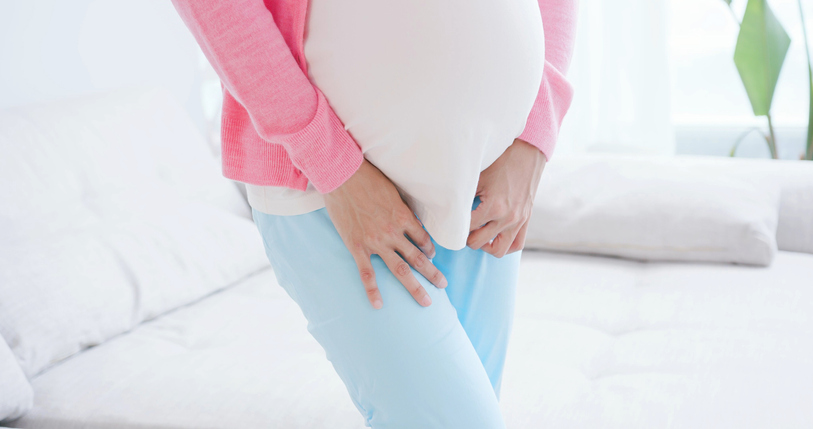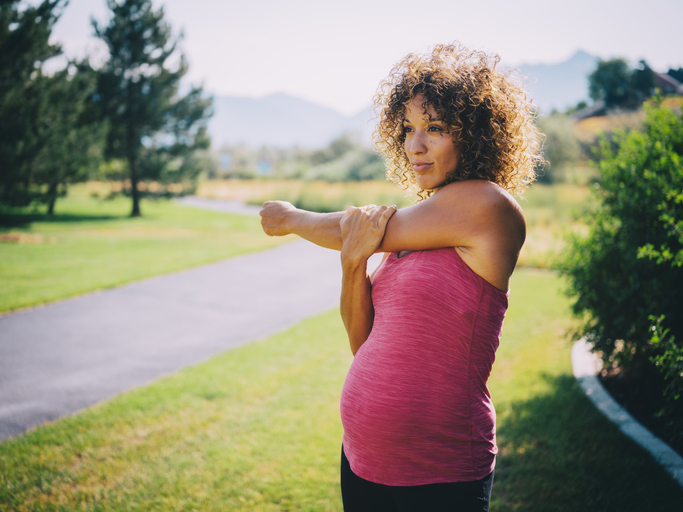How to Sleep Better During Pregnancy
Tips to only have good dreams and rest
Publicado:
Sleep and rest are associated with health and good mood. Poor sleep can cause diseases, make you feel low energy, and put you in a bad mood. Now imagine everything that poor sleep could affect during pregnancy. In this article, we will go over each stage of pregnancy and what you can do to avoid this problem.
Various studies and researchers, such as Sally Ibrahim, a sleep medicine specialist at Cleveland Clinic, have analyzed how the dynamics of sleep can change over the nine months of pregnancy. We will go over these changes, trimester by trimester, and give you some tips:
First Trimester
Women tend to be very sleepy during the first few weeks as the placenta grows. You may feel tired, have little desire to do activities, need to take lots of naps, and go to bed early. The healthiest thing to do is sleep as much as you want.

Second Trimester
During the second trimester, the urge to sleep goes away, but some other difficulties may arise as your baby and bump grow. During this period, one major factor may affect your sleep: getting up often to urinate.
Third Trimester
The third trimester is when the real sleep problems start. Even though you are very tired, you may not sleep well because of back pain, kicks from the baby, leg cramps, frequent need to urinate, and weight gain, among other factors.
What you can do to sleep better
Don’t despair. Many of the factors that prevent you from sleeping, like your bump growing or your need to urinate, are inevitable. But there are ways to get better rest:

Follow a Routine
Try to develop a relaxing bedtime routine. To relax, put on soft music, read a book, take a warm bath, or apply lavender lotion. You should also try to always go to sleep at the same time.
Stay away from devices
The light from devices like smartphones and tablets has a negative impact at bedtime. Try to avoid these devices. Or, at the very least, reduce your screen brightness.
Avoid caffeine and stay hydrated
Limiting caffeine in your diet is a simple measure that can make a huge difference. Additionally, make sure to drink plenty of water, as staying hydrated can reduce cramping.

Manage your stress
If you feel anxious or stressed about your impending delivery, look for ways to relax your mind. Yoga, mindfulness meditation, and massage therapy are good options. You can also try taking a walk every day or playing a sport you enjoy.
Get in the right position
Lying on your side is the best position for sleep. You can use a pregnancy pillow to support your back and knees. To avoid breathing problems, sleep with your head elevated.
Other considerations
If even with these measures you feel that you are not getting enough rest or sleep, talk to your doctor. Keep in mind that if you have a sleep disorder, such as restless legs syndrome or apnea, it may worsen during pregnancy or manifest for the first time during this stage.
Sources
National Library of Medicine, Cleveland Clinic, Mayo Clinic, NIH-Women's Health Office.


